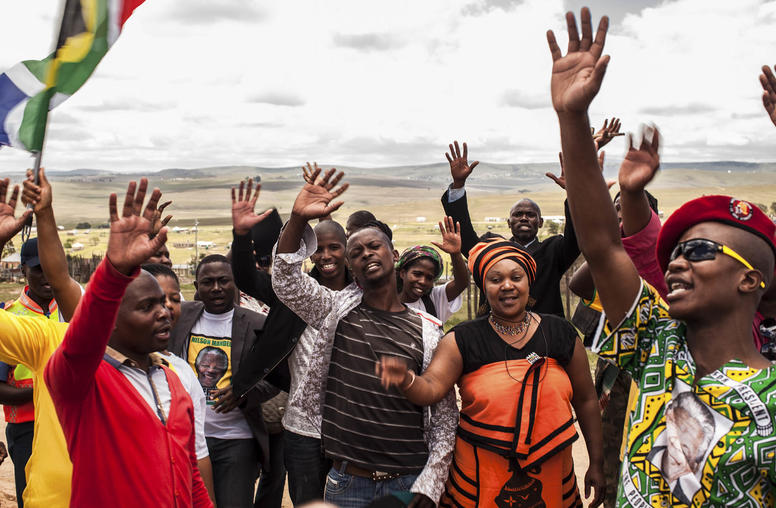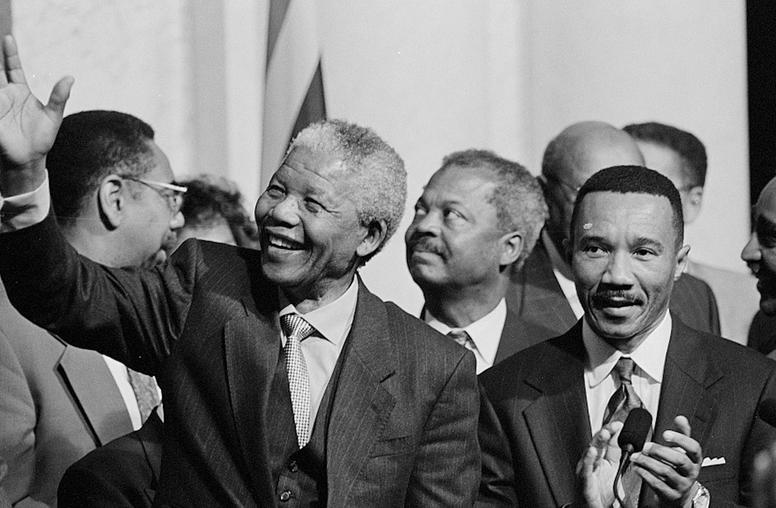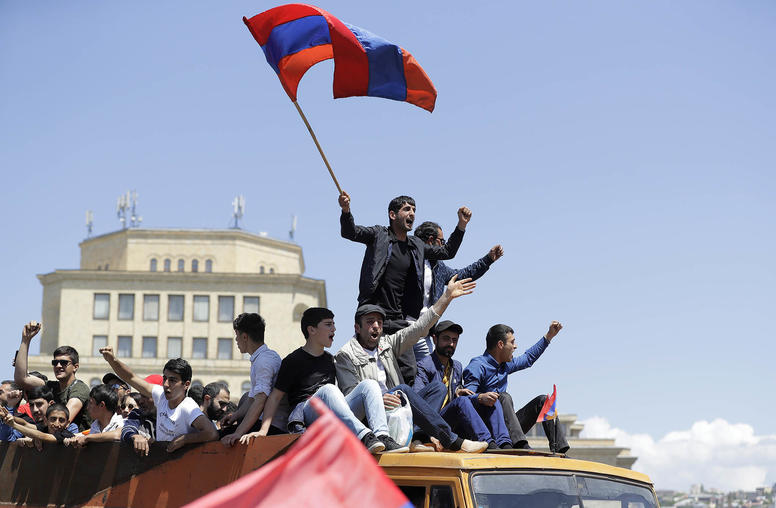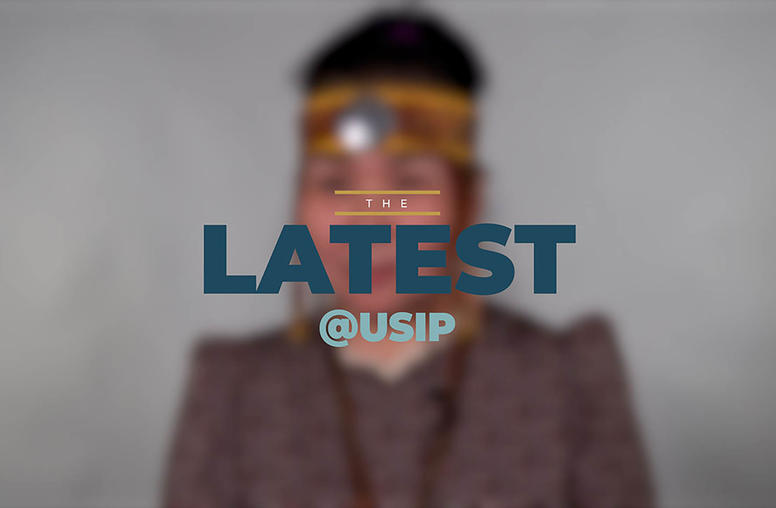Good Trouble: A Conversation with USIP’s Inaugural John Lewis Peace Fellows
The John Lewis Peace Fellowship, named in honor of the late congressman from Georgia, is a two-month residential fellowship at USIP for active peacebuilders in conflict zones across the globe. Recently, the inaugural class of fellows went on a week-long trip to Alabama and Georgia to learn about Congressman Lewis’s roots as a peacebuilder and how his experience is relevant to today’s violent conflicts overseas.
On June 24, USIP and the John and Lilian Miles Lewis Foundation hosted a “Good Trouble” talk with USIP’s inaugural class of six John Lewis Peace Fellows. This discussion centered on what the fellows have learned during their time at USIP, how the fellowship will shape their community peacebuilding activities when they return to their home countries, and how the legacy of Rep. John Lewis will influence their approach to peacebuilding.
Continue the conversation on social media using the hashtag #JohnLewisPeaceFellows.
Speakers
Ambassador George Moose, welcoming remarks
Acting President and CEO, U.S. Institute of Peace
Michael Collins, opening remarks
Board Chair, John and Lillian Miles Lewis Foundation
Detria Austin Everson, opening remarks
Chief Executive Officer, John and Lillian Miles Lewis Foundation
Aliah Adam
Founder, Singanen o Mindanao and the Bangsamoro Women's Peacebuilders Network, Philippines
Madeleine Maceno Avignon
Country Director, Communities Organizing for Haitian Engagement and Development, (COFED), Haiti
Farah Bdour
Country Director, Seeds of Peace, Jordan
James Kinu Komengi
Independent Consultant, Tari, Papua New Guinea
Aloys Mahwa
Country Director, Living Peace Institute, Democratic Republic of Congo
Alba Purroy
Director, Redialogo, Venezuela
Imani Cheers, Ph.D., moderator
The George Washington University



